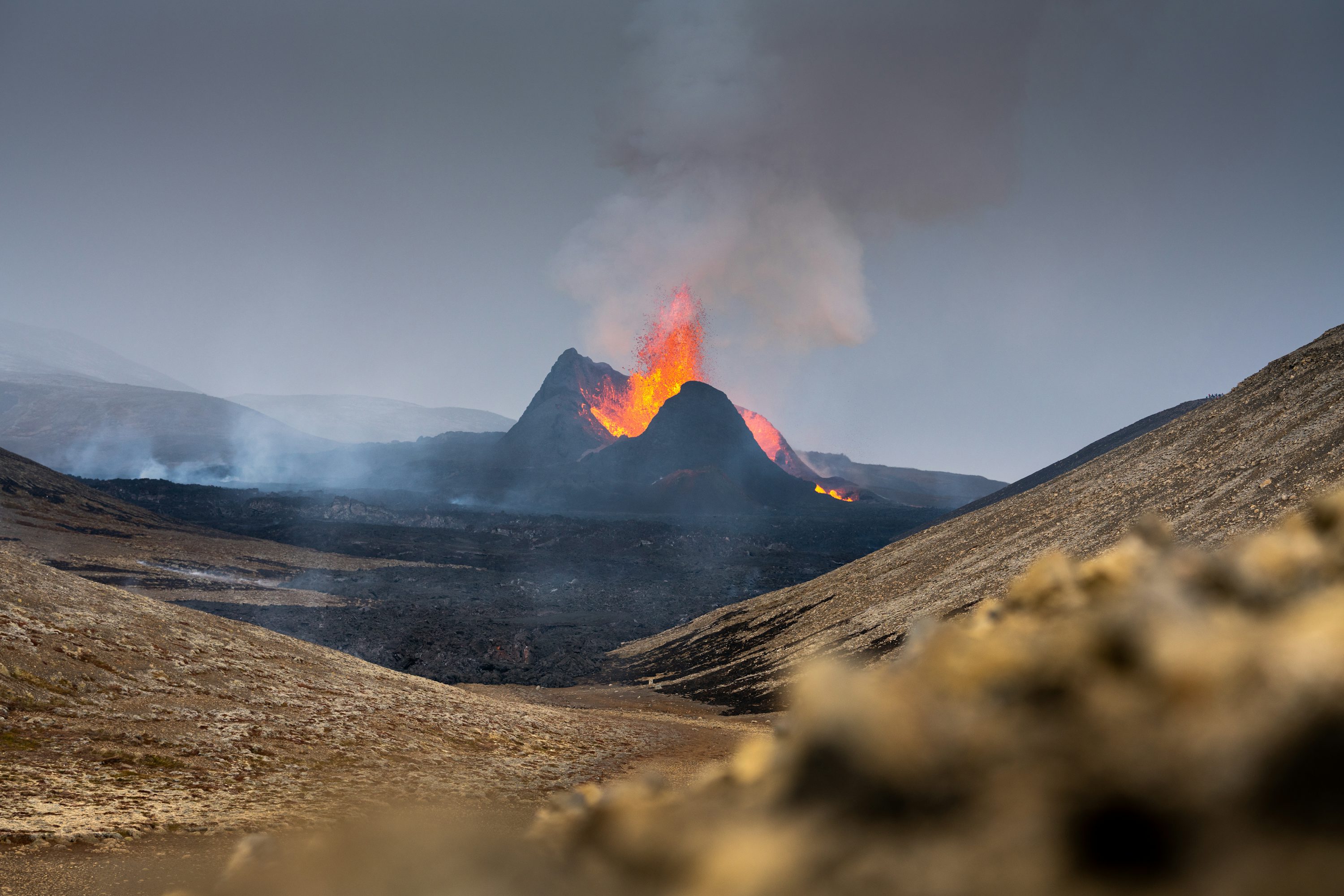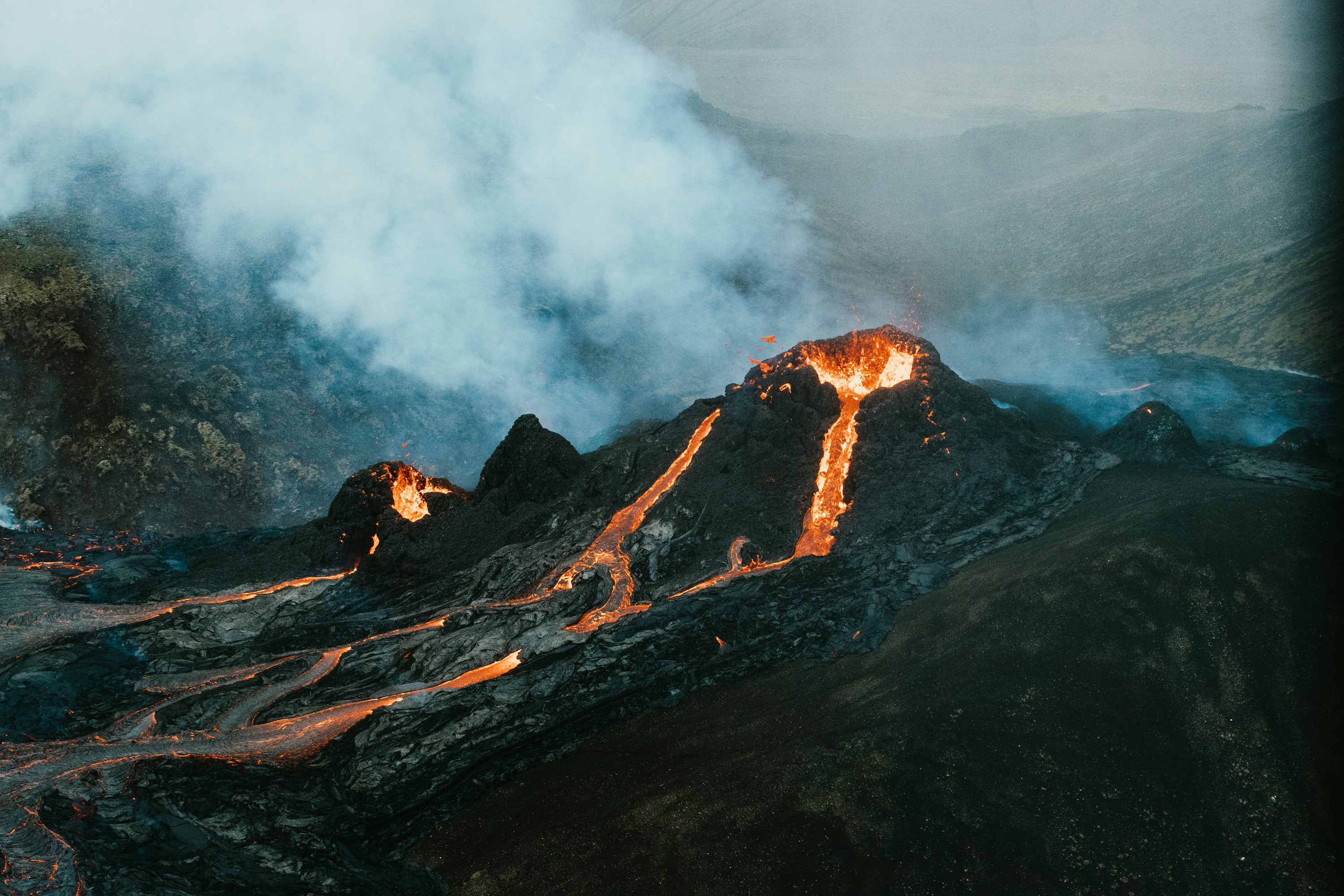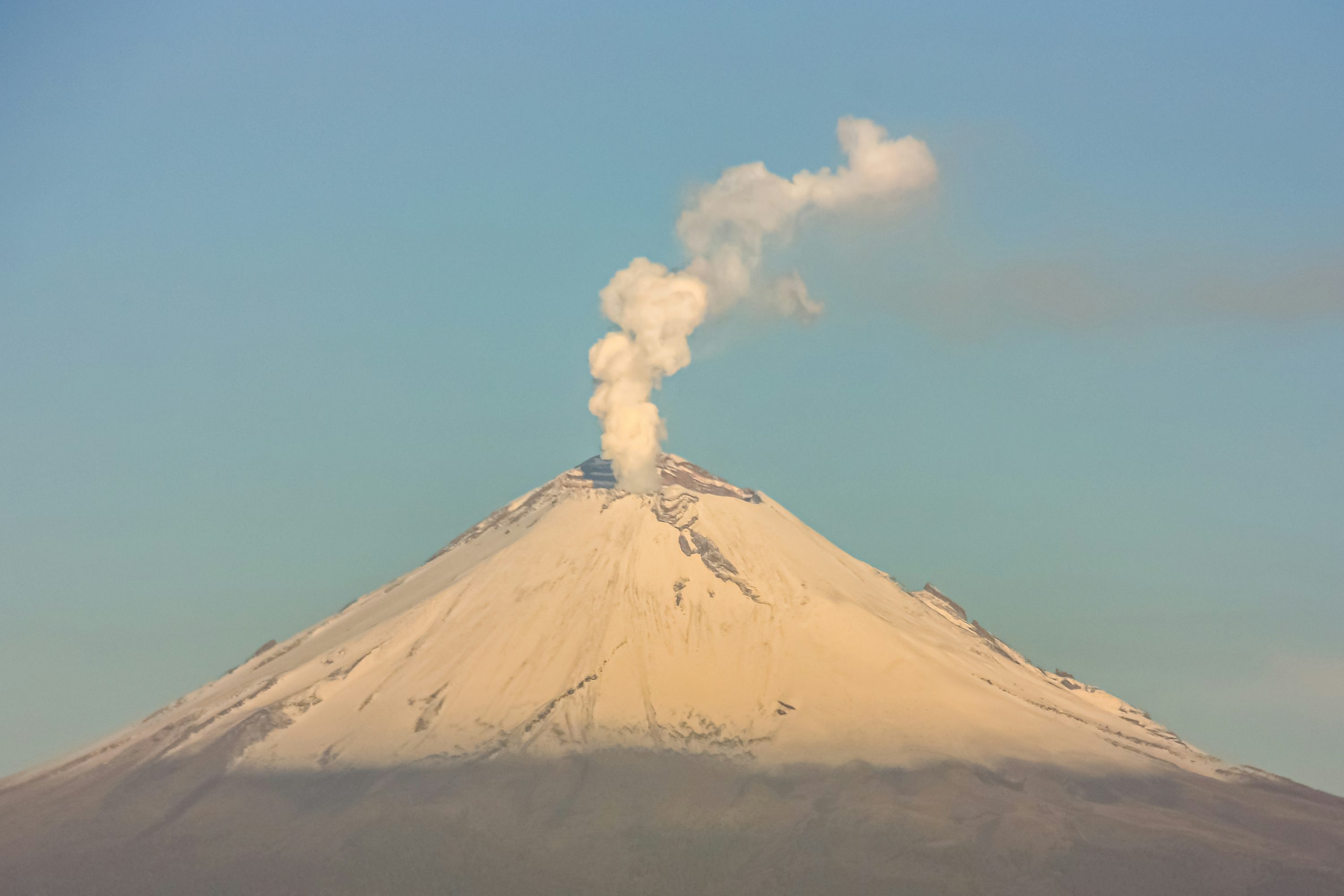The profession of volcanologist is full of exploration and challenges to the unknown. On the vast territory of the earth, volcanoes are like sleeping giants, hiding endless energy and unknowns. Volcanologists bravely go to these dangerous places with enthusiasm for exploring the mysteries of nature. However, there are many risks hidden behind this profession, and volcanologists' insurance has become an indispensable guardian shield on their way forward.

The sudden and unpredictable volcanic activity makes volcanologists always face life threats. In Iceland, volcanologists monitor and study the local active volcanoes. During an emergency field trip before volcanic eruption, they may encounter hot magma flow, volcanic ash cloud and violent seismic waves brought by volcanic eruption. Volcanic ash covers the sky and the visibility is extremely low. Inhalation into the lungs will also cause serious damage to the respiratory system. Magma flows rapidly and the temperature is extremely high, and it will be burned to death if it is not careful. Under such circumstances, volcanologist insurance provides financial compensation for their life safety, so that their families can have a certain life support after the tragedy.
Near Mount Etna in Italy, volcanologists have carried out field observation for a long time. They will be accidentally injured by the complex volcanic terrain. Steep volcanic slopes, hidden cracks and loose rocks are all potential hazards. During a climbing process, volcanologists may fall and be injured because of the falling rocks under their feet, resulting in serious injuries such as fractures and internal organs damage. At this time, the medical expenses reimbursement clause of insurance can play a role, reduce the heavy burden of medical treatment, ensure timely access to high-quality medical treatment, and accelerate the process of physical rehabilitation.

As a country with many volcanoes, the research task of volcanologists in Japan is arduous and risky. They analyzed the geological structure and predicted the activity of volcanoes in Mount Fuji and other places. When working in the field, you may face additional risks caused by the interaction between bad weather and volcanic environment. For example, the volcanic debris flow caused by heavy rain will destroy monitoring equipment and research camps at a very fast speed, involving volcanologists, causing terrible consequences such as suffocation and drowning. In addition to basic life and health protection, volcanologist insurance can also provide some economic compensation for the damage of research equipment and data loss caused by these disasters, help them resume their research work as soon as possible, and continue to accumulate valuable data for volcanic scientific research.

In addition, when working in the field, volcanologists may encounter difficulties such as getting lost and communication interruption, being exposed to harsh natural environment for a long time, and facing risks such as dehydration, hunger and wildlife attacks. When these accidents happen, the emergency rescue service clauses of the insurance can provide strong support, arrange rescue operations in time, evacuate volcanologists safely from dangerous areas, and ensure their life safety to the greatest extent.
Volcanologists face the danger with fearless courage on the road of exploring the mysteries of volcanoes, and a sound insurance system is their solid backing. This is not only related to the safety of personal life and property, but also to the stable and sustainable development of the whole volcanology research, so that human cognition of volcanoes can continue to move to a new height.




